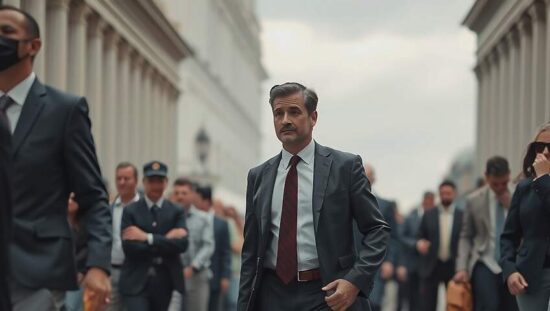Following a protracted legal battle and a controversial initial imprisonment, former French President Nicolas Sarkozy is set to be released from custody today, pending the outcome of an appeal. A Paris court ruled on Monday to grant him provisional liberty under strict conditions.
Sarkozy’s release marks a significant moment in a case that has deeply fractured French political discourse and raised serious questions about the country’s relationship with authoritarian regimes. He was convicted earlier this year of criminal conspiracy and misuse of Libyan funds to finance his successful 2007 presidential campaign, receiving a five-year prison sentence – a rare punishment for a former head of state in France. While acquitted on several other associated charges, the core conviction has triggered widespread debate over accountability and the potential for corruption at the highest levels of government.
The immediate execution of the sentence, despite Sarkozy’s appeal, was justified by the court as necessitated by the “exceptional gravity” of the crime. This decision, while demonstrating a commitment to judicial independence, also drew criticism from some legal observers who argued it circumvented standard appeals processes.
Crucially, Sarkozy has been prohibited from leaving French territory. The legal proceedings regarding his appeal are ongoing and a final verdict is expected at a later date. His sudden release, while providing a temporary reprieve, does not represent a definitive clearing of the charges.
The case exposes a complex web of international finance and political maneuvering, highlighting potential vulnerabilities within the French electoral system while simultaneously posing delicate diplomatic challenges given the involvement of Libya. The ultimate resolution of Sarkozy’s appeal will undoubtedly have lasting implications for the perception of justice and the scrutiny of political elites within France.





